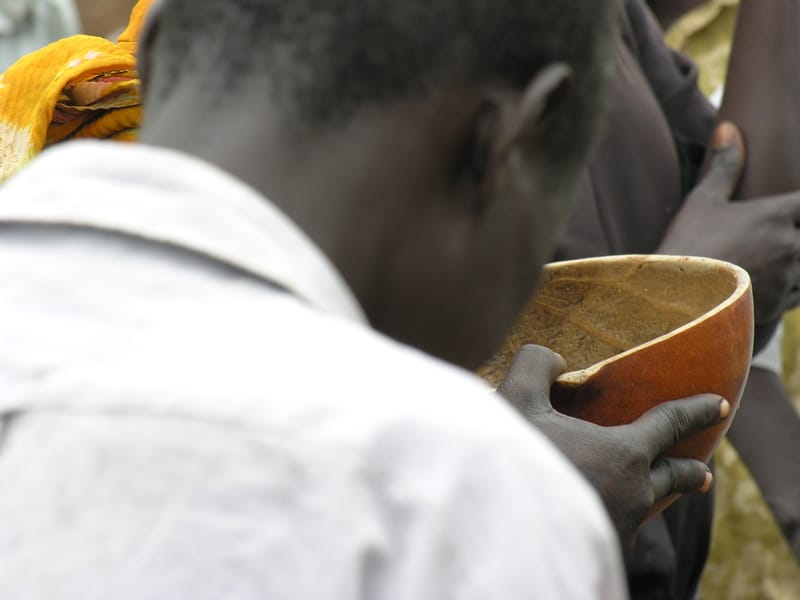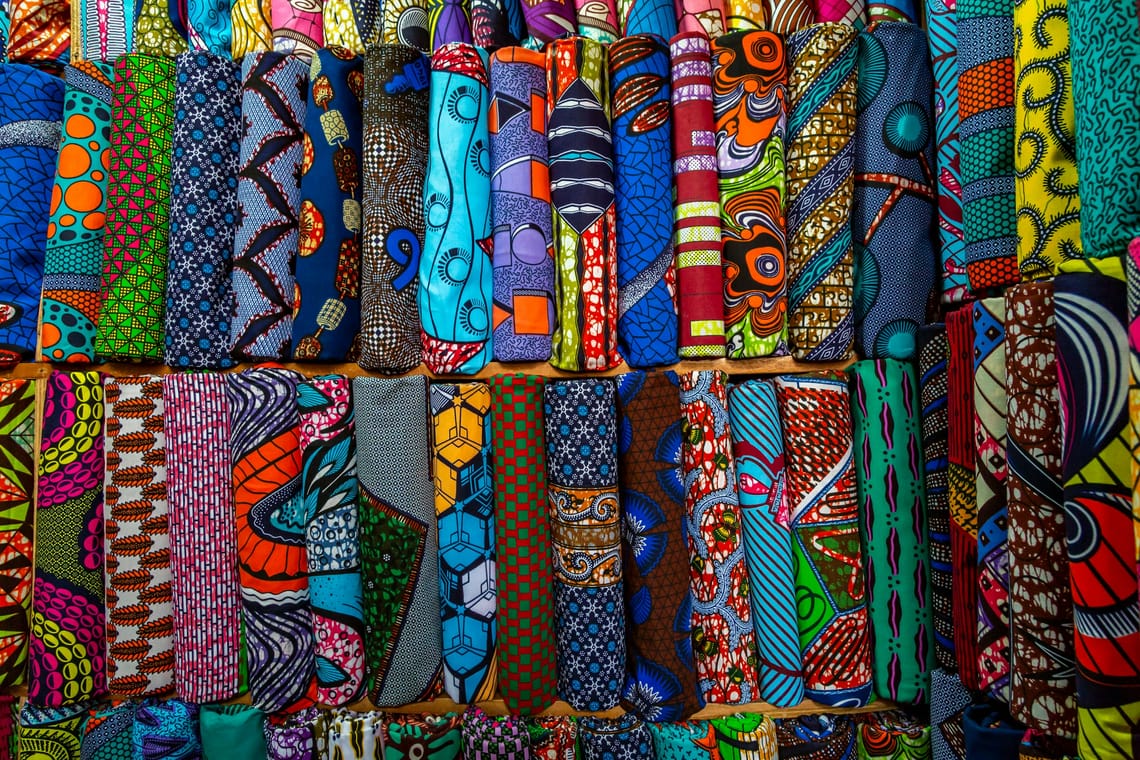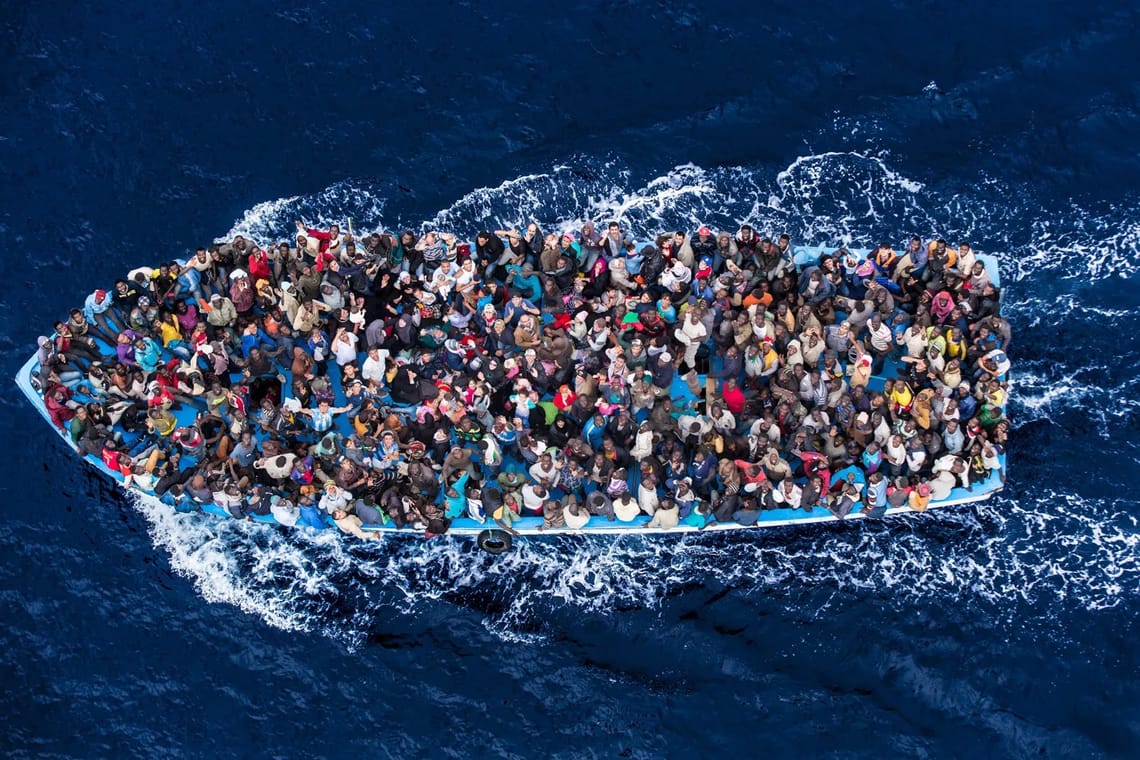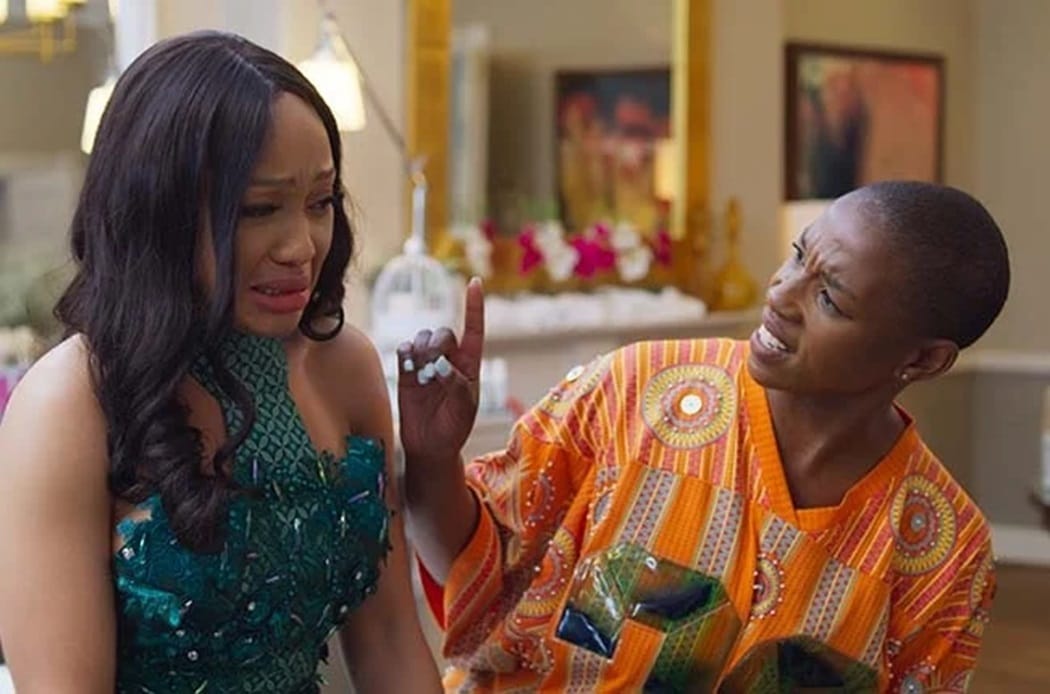Forgiveness in African communities is a ritual process. It is a long and often difficult road which travels through truth and justice and aims at the restoration of broken relationships. It does this in order to establish a new reconciled reality. There are no quick-fix solutions, no shortcuts or easy roads.
This is based on the fact that it touches both the social and religious life of the people. It is an absolute obligation after an incident of sin or transgression. In the African traditional setting, sin in all its forms has a communal dimension. This makes it imperative for forgiveness to be sought upon any observed transgression. This is done so as to appease the gods, the ancestors, and the human elements within the community.
Boniface Anusiem - The African Model of Forgiveness: A Contribution to Social Reconstruction and World Peace n: Forgiveness: Promise, Possibility, & Failure
Ntshwarele /Nisamehe/Ngixolele/Mbambele forgive me. This horrible thing that which I did to you. I am giving it unto you to decide what we should do with it. We should sit and ask what happened. In other words, if we are going to resolve this, what needs to be corrected to resolve this.
Mongane Wally Serote
“The cultural justice system brings people together unlike the Western court system, which only brings polarization,” explained Rev. Macleord Baker Ochola II, an Anglican bishop and one of the founders of the Acholi Religious Leaders Peace Initiative (ARLPI). “There, the victim and the perpetrator are pushed far away from each other. Here, they are pushed together.
“We show that you are me, that you are a human being, that you cannot do this again. Cultural justice is not imposed on people . . . . In these days with guns and bullets, it’s impossible to know who killed someone. But if a person accepts responsibility, it’s very effective because you didn’t impose it. If you kill and don’t accept responsibility, the tribes will fight. But in our culture once someone confesses, you have no option except to forgive.”
Acholi is the dominant tribe in northern Uganda, part of the Luo-speaking people that encompasses tribes in Uganda, Sudan and Kenya, including Barack Obama’s father. The Acholi have a wealth of traditions and ceremonies dealing with forgiveness.
There’s the concept of chuluquwe, of paying for damage you have caused, followed by reconciliation. There’s the mato oput ceremony, named for a tree that grows with two trunks but one root, for when one tribe member has murdered another tribe member. There’s also nyonatongwheno, a ceremony of stepping on an egg to symbolize the recognition of the purity of human life.
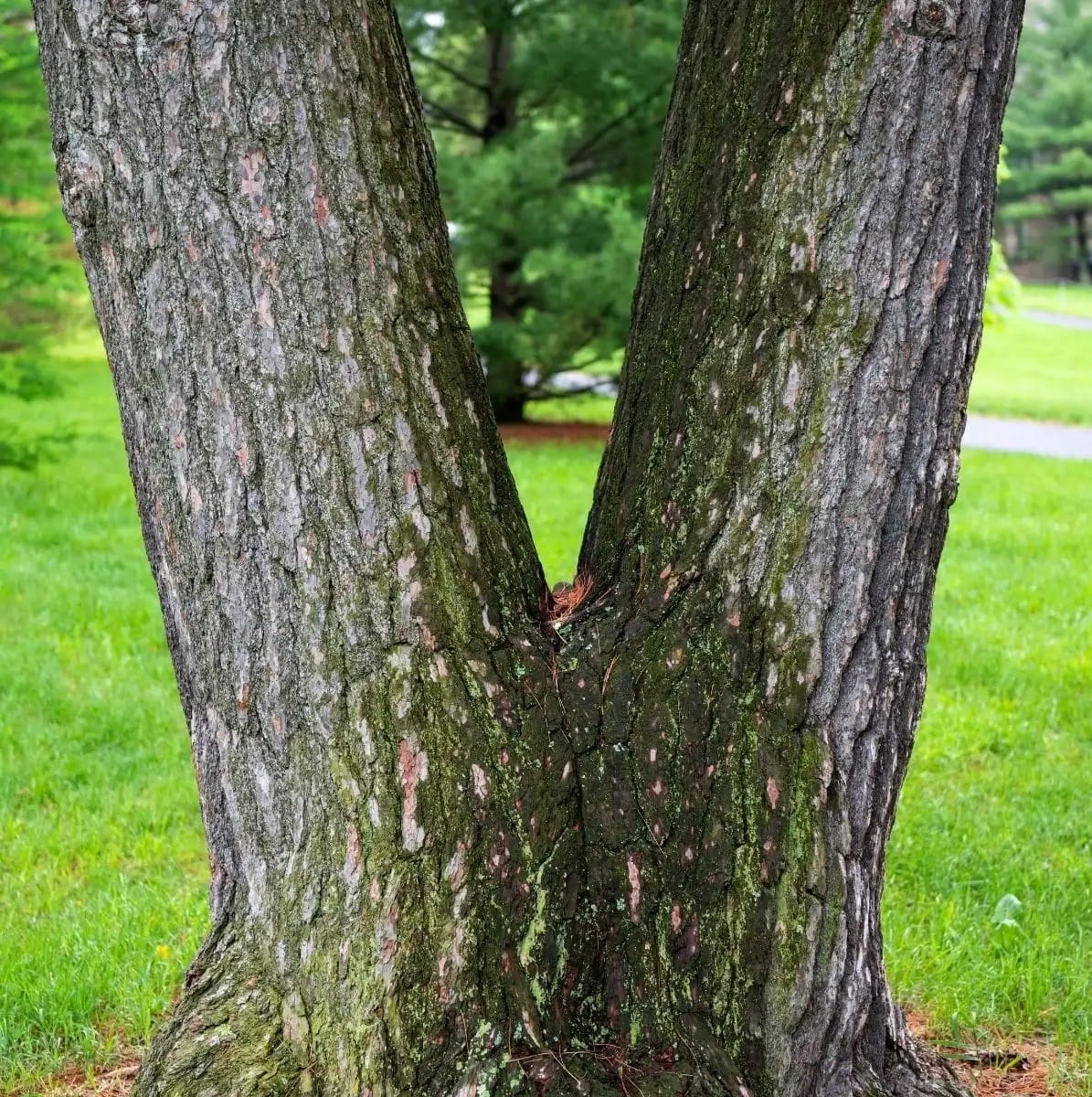
When there’s been a murder, a murderer cannot return home with blood on his or her hands, Ochola explained. The murderer must wait at the gate and give testimony, after which it becomes “community-based collective responsibility,” Ochola said.
When one person murders another person, tribes engage in the mato oput ceremony. This requires years-long arbitration by a third tribe to determine compensation and a final ceremony where female relatives from the two sides drink the bitter tree root from a calabash gourd with their foreheads touching. But this ceremony is only for a single murder.
The rare process and ceremony of mato oput is undertaken only in the case of intentional or accidental killing of an individual. The ceremony involves two clans bringing together the perpetrator and the victim in a quest for restoring social harmony.
Melanie Lidman - African tradition blends with religion to illuminate path to forgiveness
To join the conversation a question might be asked …Is the concept of forgiveness universal? In answering the question, a process of cross-cultural perspective comparing western and African cultures might be fruitless. I strongly believe in intercultural translations, where cultures are interested in each other, where different concepts have a fair conversation. Maybe we should ask … How can African concepts have a conversation with other world concepts of justice systems, how can we transform or how can we Africanize the current justice system in Africa?

